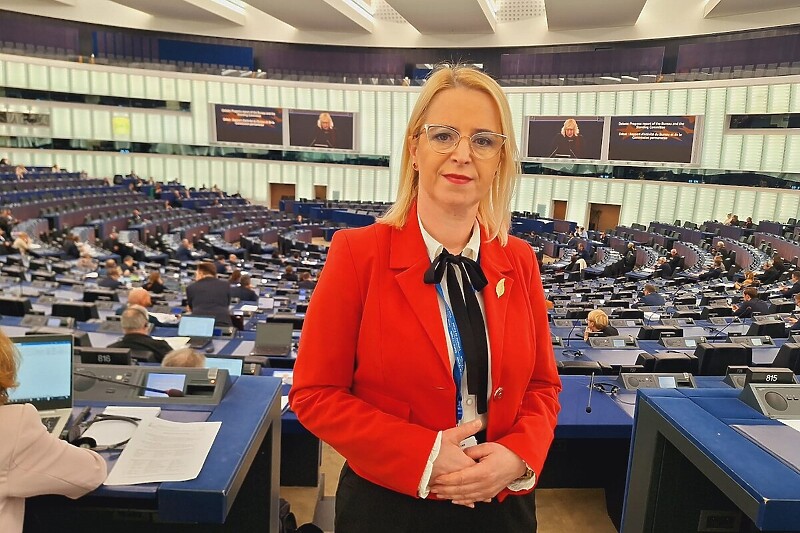International relations expert Luciano Kaluža stated that from today, after the adoption of the Srebrenica resolution, nothing will be the same in BiH, as relations will become further complicated and mutual distrust will increase.
“If someone aimed to dismantle the internal political processes, they have succeeded. This resolution is completely unnecessary from the perspective of reconciliation, as many point out, because you cannot lead that process if half the country insists that the other half is guilty,” Kaluža said.
He emphasized that it is evident that the creators of the resolution aimed to further destabilize BiH and the entire region.
“Moreover, the voting itself revealed different approaches from EU countries, where for the first time, the EU did not unanimously agree on adopting such an initiative, which will certainly again affect internal relations in BiH. The EU showed disunity, and that is a significant message,” Kaluža noted.
However, he added, it is important to highlight that Serbia has entered the global political scene through the front door after many years.
“The influence of Serbia in international relations, and thus Republika Srpska, has become immeasurably greater and more influential after this vote. If anyone considers the adoption of the resolution a victory, I see it as a Pyrrhic victory in the context of long-term relations and developments,” Kaluža emphasized.
He stated that thanks to the naivety of some Bosniak politicians and diplomats, Serbia has now positioned itself as a very serious and influential geostrategic factor.
“Long-term, Serbia, along with Republika Srpska, becomes unavoidable in regional and even broader geostrategic and political processes, which will likely soon be visible through certain international activities that may not necessarily be carried out in the Balkans but in other parts of the world,” Kaluža concluded for Srna.
The UN General Assembly yesterday adopted the resolution on genocide in Srebrenica under amended rules without a majority of all UN member states.
The anti-Serb resolution was supported by 84 countries, 87 were against or abstained, while 22 countries did not vote.
This resolution, initiated without a decision from the BiH Presidency, was also supported by the representative of the BiH mission to the UN, who acted as a representative of only the Bosniaks and not all three constituent peoples.
Source: RTRS









